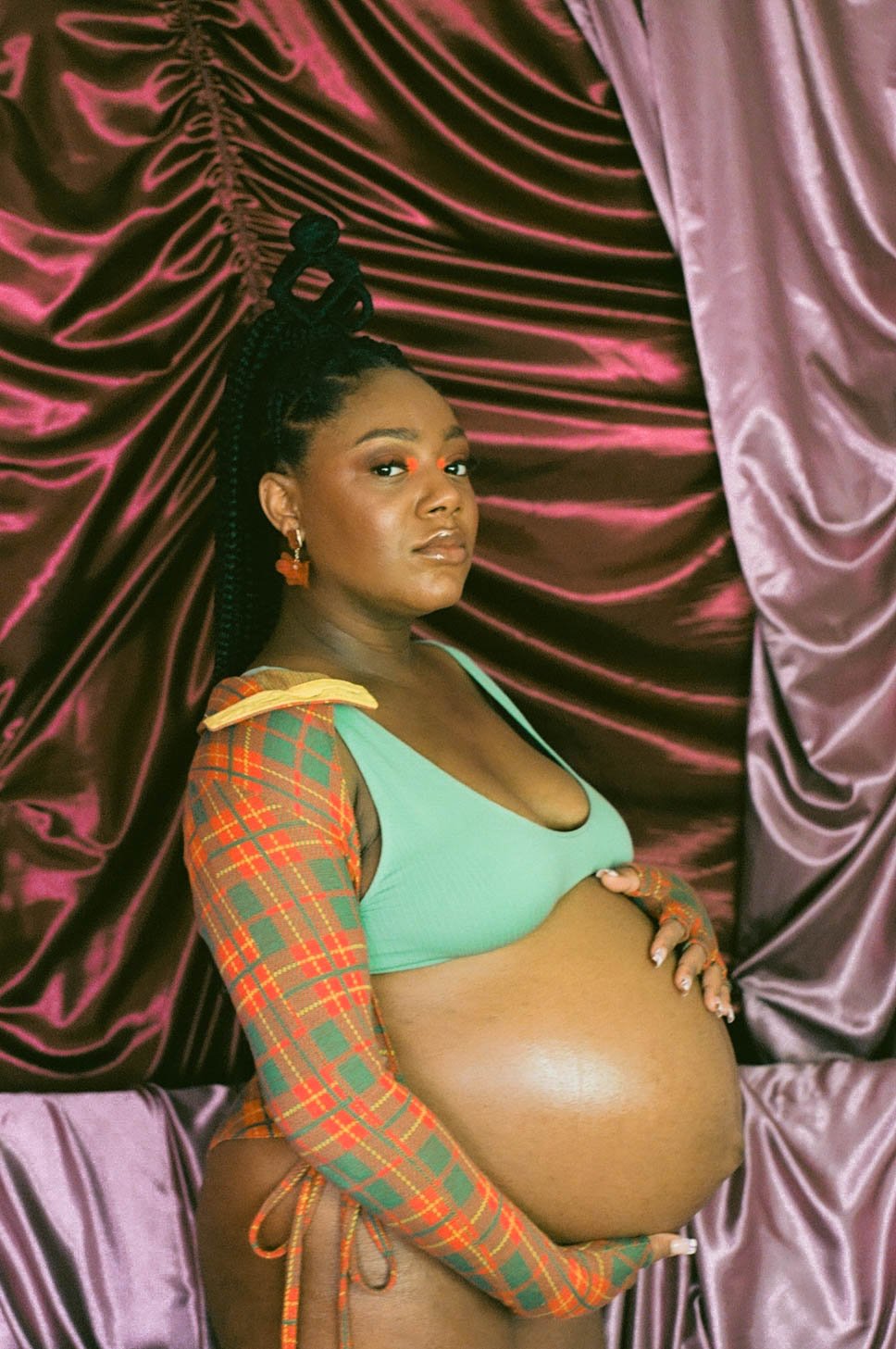A Study of Bare Hands
Originally written for Stillpoint Magazine Issue 009: TENDER
Tenderness rang everywhere in new motherhood. In curves of babies, in being stitched together, heart breaking open. The world was suddenly, impossibly tenuous, soft, strong.
When I saw them
This little miracle
That lived inside me
Moved inside me
And spoke in breaths only meant for me
When after 8 hours of deep and painful soul gathering
They finally arrived
I knew the world had changed forever.
There’s an unwavering softness that motherhood unlocked within me. A new experience of patience. I want her to know that as much as I can teach, I am equally learning more… from her.
I want her to feel this as much as she does her heartbeat.
illegal tender
to mother in these times is
to tend to an Other (by definition a ‘not you’)
is to M(Other) in these times
to practice care without expectation of payment
with no guarantee of return
with contractions
without a contract
To M(Other) in these times
is to welcome the children who arrive empty-handed
to cherish life birthed simply for itself (not yet to grind, produce, pay)
to hold that life and let those hands remind you how you too need to be held
to recognise empty as another name for heaven
to know the illegally tender of non-contractual love
to M(Other) in these times
is a study of bare hands
is the practice of a wild illegal tender
My experience of pregnancy, giving birth and being a new mum to my son have really taught me how to trust my body and its innate ability to expand, share, protect, and persist. My body has really shown me how to love unconditionally.
We set you down on the living room rug
eating our deli sandwiches in silence
gazing down at a still unfamiliar face.
We were unsure what to do next exactly,
yet already nostalgic for this moment in the dark.
Our parents felt the same visceral tug thirty years ago,
and there we were. Tears welling; awestruck at your newness
and time’s relentlessness.
To mother is to tether one’s self to other life. She, a returning spirit that I housed simply for a while, a child I nursed and nourish: it was an epiphany in that moment her spirit alighted within me. And now, blessing and burden, unforgiving weight of souls and bodies that we make supple and fragile and raw, us all always unfolding, delicate, wounded.
Due to institutional racism, black mothers are five times more likely to die in childbirth than white mothers. Read more and get free resources to support your or someone else’s birth here.
Words in order of appearance by Marie Gernes, Barby Asante, Remi Sade, Foluke Taylor, Montana Joseph, Molly Vasich, Anne Marie Wirth Cauchon
Gathered by Rashida Taylor
Barby Asante is is a London based artist, curator, and educator. Her collaborative and performative works are concerned with the politics of place, space, identity and the histories and legacies of colonialism.
Marie Gernes, PhD, is a researcher and lecturer in Education at the University of Iowa.
Montana Joseph is a trainee art therapist and illustrator based in London.
Remi Sadé is a creative. A celebrated voice on topics such as social economics, politics, race, gender, sexuality, and parenting across various platforms. Her work is mainly presented in a style which allows for her strong anthropological perspectives to be understood. Remi finds the documentation of many people to be vital in her work. She does this through the mediums of writing and podcasting.
Foluke Taylor is a psychotherapist and writer living in London. With black feminisms providing the ground and ethical steer, she explores writing as a relational, creative, psycho-political therapeutic. Foluke teaches at the Metanoia Institute and is involved in a range of transdisciplinary collaborations and experiments. Her forthcoming work Unruly Therapeutic: Practices in Living Room is being published by W.W. Norton.
Molly Vasich is an administrator and instructor of English in the Minneapolis Public Schools.
Anne Marie Wirth Cauchon is Editor-in-Chief of Stillpoint Magazine and Creative Director of the PrairieCare Institute’s Center for Applied Psychoanalysis, the mother of two, a PhD candidate in English and Comparative Literature at the University of Minnesota, and the author of the novel Nothing.





